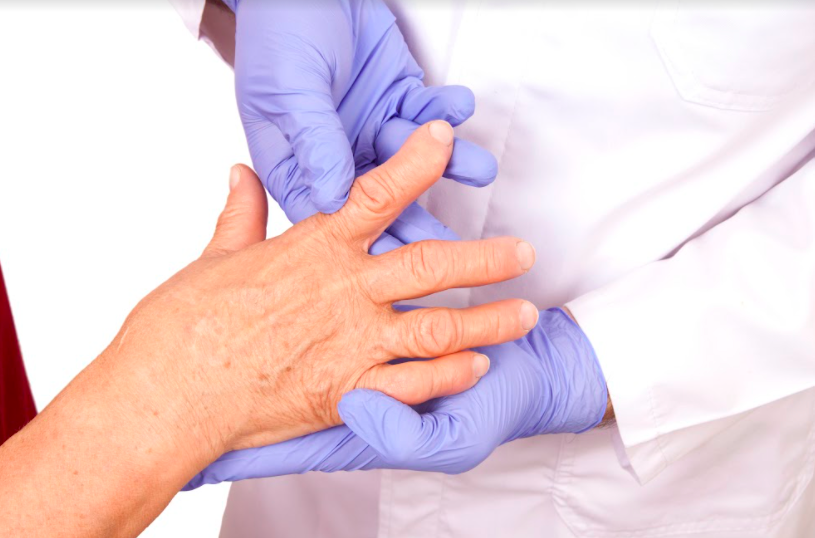Surgery and other medical interventions can be a great panic to many patients. However, the surgical option has witnessed much improvement. Patient safety comes first. If you are going to have surgery, you need to know your rights. You are not blinded! Actually, you are the one to decide.
Follow us on Telegram for the latest updates: https://t.me/AsiaMDsg
How to prepare for your surgery:
You have a role to play in this process. Like checking if you are qualified to do this procedure and if the environment is qualified too!
● Discuss other available treatment options:
Your right is to know all the possible management plans and decide what is best for you. Some questions need to be answered, like: Why do you need this surgery? How will it help you?
● I am to have surgery! What should I do?
It will be great if you look for a second opinion from other trusted physicians. This helps you understand your condition better, and gives you a more detailed picture of what will happen.
● What about the environment?
The environment means the hospital or the surgical centre you are going to deal with, and the team of physicians who are going to do surgery and anaesthesia. Carefully check if the hospital and the physicians are qualified.
● Do I need to do anything before surgery?
Sure, yes! Mostly, your physician will ask you to do some laps and imaging to check your health condition and if you are fit for this procedure. You do not have to worry, they are routine investigations.
● How much will my surgery cost?
It is important to put everything clearly with your physician. This helps you avoid any surprising bills! Ask about your doctor’s fees, how many days you need to stay at the hospital and how much the service will cost.
● What are the possible complications of a surgery?
We did not mention this point to scare you. We just want to help you have an overlook and be prepared. It is good to know about the long-term and short-term complications and how to deal with them.
Surgical Safety Checklist:
WHO has designed a surgical safety checklist to limit any possible risk and guarantee patient safety. The checklist has listed points that need to be marked. Let’s have a quick look, this may help you feel more relaxed.

























